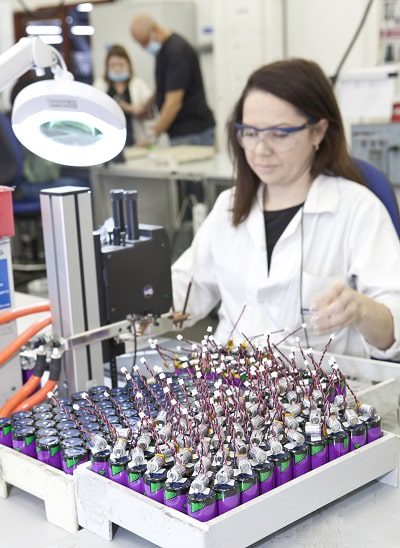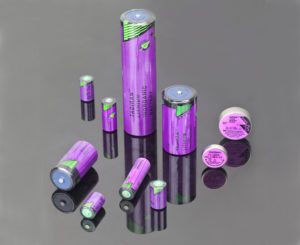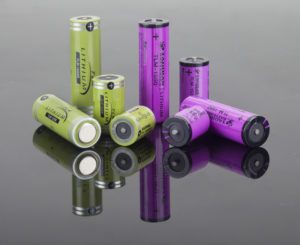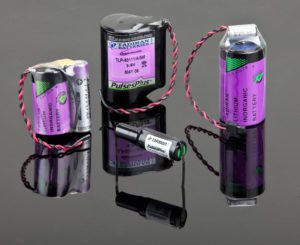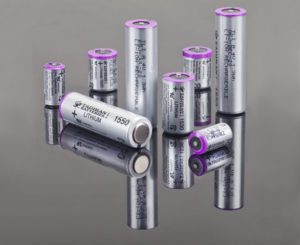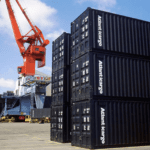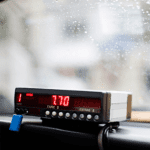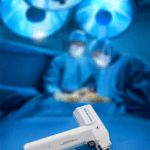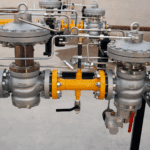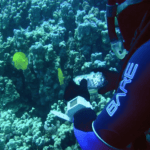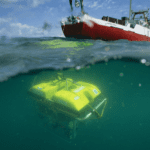Let’s learn all about lithium thionyl chloride battery packs – the best choice for your power needs. Whether you’re a tech enthusiast, a business owner, or someone who relies on reliable and long-lasting batteries, this article provides you with all the information you need.
We’ve got you covered, from understanding what these battery packs are to exploring the production. Let’s dive into the world of these incredible energy sources.
What Are Lithium Thionyl Chloride Battery Packs?
Lithium thionyl chloride battery packs, also known as Li-SOCl2 batteries, are a type of primary lithium battery that offers exceptional performance and reliability. These batteries are widely used in various industries due to their unique chemistry and impressive energy density.
One of the key features of lithium thionyl chloride batteries is their outstanding shelf life. They can retain up to 90% of their capacity even after being stored for several years. This makes them ideal for applications requiring long-term primary or backup batteries, such as remote monitoring systems, IoT or emergency devices.
Another advantage of these batteries is their wide operating temperature range. Lithium thionyl chloride batteries excel in high and low-temperature conditions, unlike many other types of batteries that struggle in extreme temperatures. This means they can reliably power devices even in harsh environments like arctic regions or scorching hot deserts.
Furthermore, these battery packs offer a higher voltage output than other primary lithium cells. This makes them suitable for applications that require higher voltages to operate efficiently, such as wireless sensors or GPS tracking devices.
In addition to all these benefits, these battery packs have a low self-discharge rate. This means they can hold their charge over extended periods while not in use, making them highly reliable when you need instant power.
With their long shelf life, wide operating temperature range, high voltage output capabilities, and low self-discharge rate, it’s clear why lithium thionyl chloride battery packs are considered the best choice for demanding applications requiring reliable and long-lasting primary or backup power batteries.
Lithium Thionyl Chloride Battery Packs Production
The production of lithium thionyl chloride battery packs necessitates a meticulous approach, encompassing a range of critical factors to uphold safety, performance, and reliability:
- Battery Chemistry and Source: Opt for a trustworthy supplier renowned for high-quality Li-SOCl2 cells. Thoroughly vet the cells through stringent testing, ensuring alignment with industry norms and regulatory benchmarks.
- Robust Mechanical Design: Devise a battery pack with durability at its core, characterized by resilient construction methods that safeguard the cells and electronics.
- Integrated Safety Mechanisms: Integrate protective elements like current limiters and fuses to avert potential hazards, proactively mitigating risks associated with overcurrent scenarios.
- Electrical Compatibility: Tailor the battery pack’s electrical attributes seamlessly to align with the intended device’s requisites. Factors encompass voltage compatibility, discharge patterns, and connector types.
- Rigorous Testing and Quality Assurance: Establish comprehensive testing protocols deployed across multiple production stages. This regimen identifies and addresses defects or irregularities, assuring each battery pack attains stipulated specifications and adheres to safety benchmarks.
- Transport and Storage Adherence: Adhere rigorously to lithium battery transport and storage guidelines. This adherence safeguards the integrity of battery packs during distribution and safeguards against potential damage before end-use.
- Holistic User Guidance: Deliver comprehensive user documentation that extends lucid insights into proper battery pack handling, safe storage, and responsible disposal.
- Regulatory Conformance: Commit to regulatory compliance by aligning battery pack production with pertinent safety and environmental regulations. This includes adhering to UN transportation mandates, IEC standards, and regional battery directives.
- Tailored for Application Dynamics: Customize production processes to account for the distinctive needs and intricacies of devices or applications that the battery packs empower. Diverse applications may introduce unique power consumption patterns and safety prerequisites.
- Lifecycle Considerations: Factor in battery pack lifecycle aspects, including recycling and disposal strategies that reduce environmental impact and align with sustainable practices.
- Advanced Manufacturing Techniques: Incorporate cutting-edge manufacturing technologies, such as automated assembly processes, to enhance precision, consistency, and overall product quality.
- Environmental Impact: Embrace eco-friendly practices by minimizing waste, adopting energy-efficient production methods, and prioritizing recyclable materials.
- Ongoing Innovation: Foster a culture of continuous improvement, encouraging research into emerging battery technologies and production methodologies to continually elevate safety, performance, and reliability.
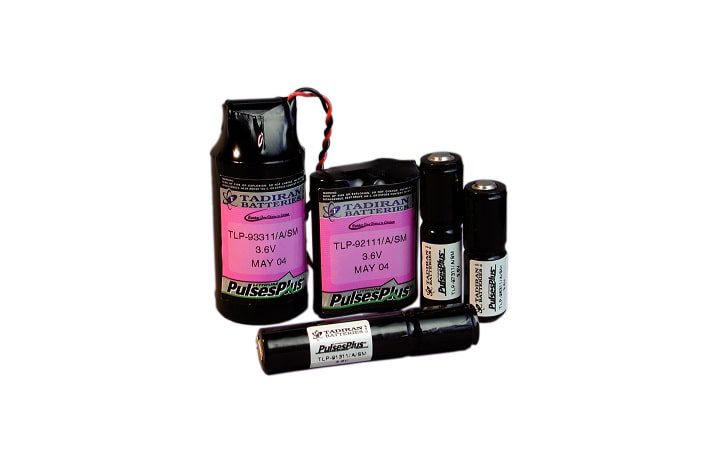
In conclusion, reputable battery factories worldwide produce lithium thionyl chloride battery packs that prioritize quality assurance through sophisticated manufacturing processes.
For the best of the best, we advise you to take a look at the choice offered by Tadiran batteries. Whether you need an industrial battery supply or anything else, we’ve got you covered.
FAQ
What is the typical voltage output of a lithium thionyl chloride battery pack?
Lithium thionyl chloride battery packs generally have a nominal voltage of 3.6 volts. However, it’s important to note that the actual voltage can vary depending on the specific configuration and design of the battery pack.
Can lithium thionyl chloride battery packs be recharged?
No, lithium thionyl chloride battery packs are non-rechargeable. They belong to the category of primary batteries, also known as non-rechargeable or disposable batteries. Once the battery’s capacity is depleted, it cannot be recharged and should be appropriately disposed of according to local regulations.
Playing the article for the visually impaired


